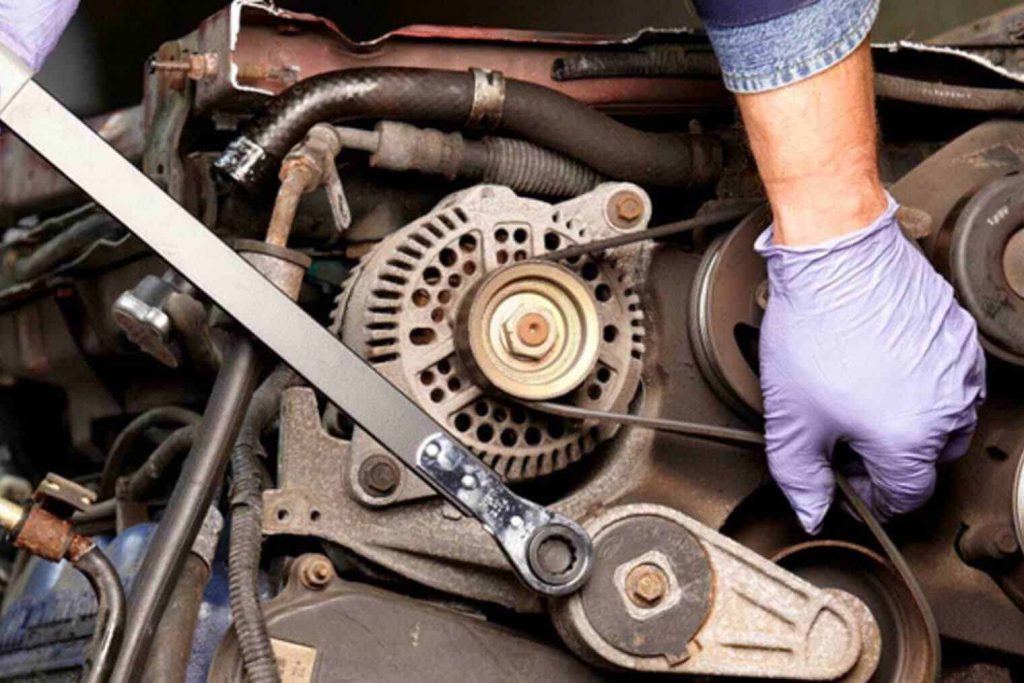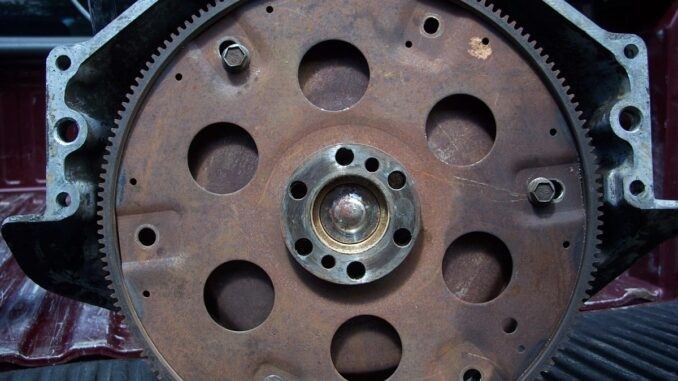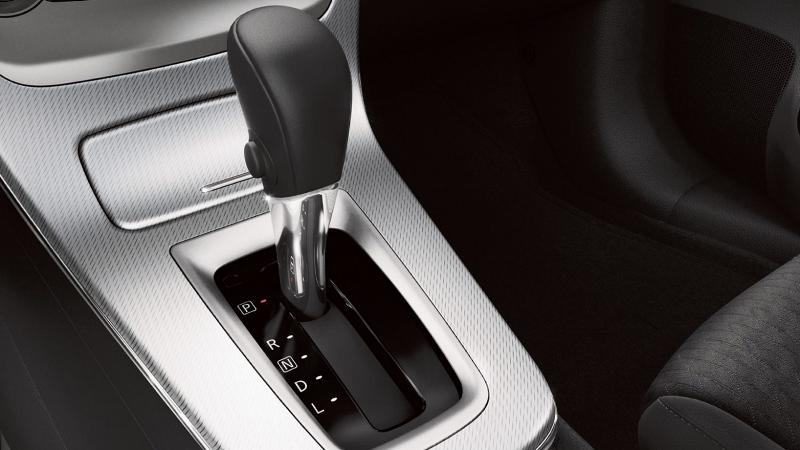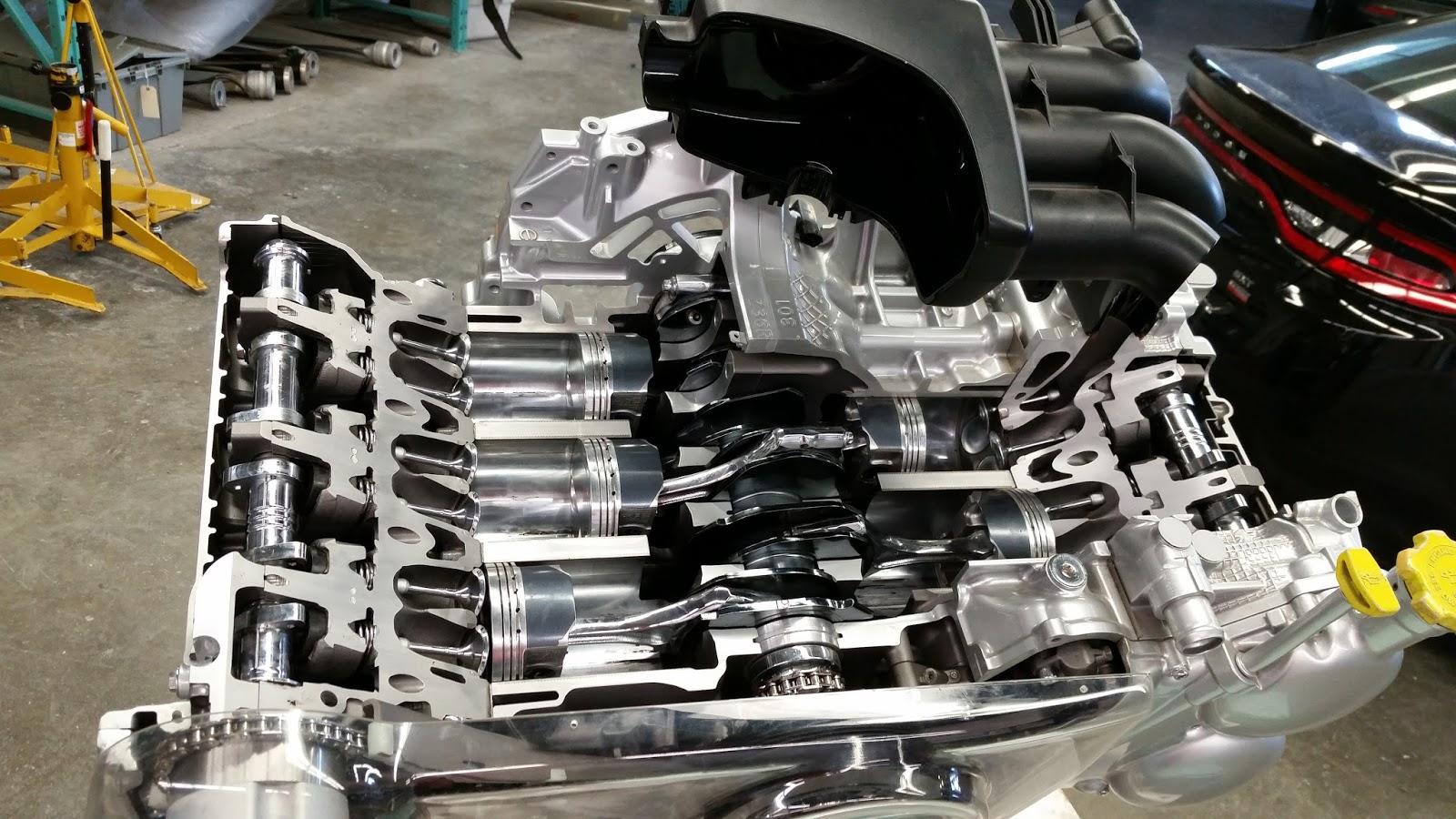How to Find and Fix Car Engine Vibrations Problems
Have engine vibration problems? It’s as usual rule that vehicles should run smoothly on a plain street, at any specific speed. However, when you’ve purchased a vehicle long enough, chances are great that your automobile has produced certain vibration problems. It’s one of those irritating vehicle issues that are likely to begin quietly and slowly, and are subtle enough for you to miss observing them, or even neglect them.
If the car’s engine isn’t receiving sufficient fresh air, energy, or spark that is necessary for it to operate smoothly, you’ll possibly notice that the vibration is caused by the engine area. This problem manifests from jerks and shaking once your car raises in speed, or rumbles within a certain speed range. Below you will find the best ways to find and fix engine vibration problems within 45 minutes and how to reduce car engine vibration? Let’s start:
5 Things Will Change The Way You Approach Car Engine Vibration:
1. The misfiring plug
When an engine is misfiring it will vibrate as the balance of the engine has been disrupted. Check your misfiring plug and see “Is there anything wrong?” In several vehicles, a regular reason for engine vibration is worn-out or faulty spark plugs. Worn-out or dull spark plugs can not efficiently fire on every cylinder.
Engine mount
Vibration or shaking of engines can be caused by failing the Engine mount. The engine mount is the part that holds the engine in the correct position, preventing it from moving during operation. This part connects the engine to the vehicle body.
The mount is usually made of rubber to help absorb engine vibrations during operation. Due to working under high intensity, the rubber part is easily worn out and damaged, leading to poor vibration absorption. When the engine mount fails, the vehicle’s frame contacts the engine and the engine starts vibrating! To fix this issue, you need to replace your engine mount.
Serpentine belt tensioner

Most of the time, a serpentine belt tensioner causes engine vibration. When the serpentine belt tensioner fails, the belt loses grip. Serpentine belt tensioner can bounce which causes engine vibration problems. You need to add a new serpentine belt tensioner to get rid of. Issues with the belt-operated stuff or the belt itself, are another typical reason for engine vibrations in automobiles. Timing belts as well as other belts that are loose or cracked can cause parts managed by belts like fans as well as other components to not move or transform at a regular rate of speed which can lead to vibration from the car’s engine.
To prevent these kinds of issues, it is best to regularly check all of the (belts) cars to ensure that all the belts are free of cracks and ribbing as well as ensure that they are tight and working like they should.
Flex plate

Flex plates perform an important function in automobiles built with an automated transmission. A flex plate contains a steel, circular disk with perforated holes as well as, based on the product, teeth on the outside circle which engage the starter. A flex plate bolts straight to the crankshaft flange, and hooks up to the torque converter with big mounting bolts. Having issues in the Flex Plate of your vehicle can cause vibration. You need to dismantle your engine parts and take a look at the flex plate. If you haven’t replaced your flex plate for a long time, it’s time to replace it! If you get issues having a new flex plate, contact experts to identify the main problem which causing the vibration.
Harmonic balancer
Check the harmonic balancer. If you see the “rubber insulator” is missing, be sure that the “harmonic balancer” is causing the vibration problems. Because when the harmonic balancer fails, the engine starts vibrating. You need to check your harmonic balancer and front crankshaft seal. Clean them up, apply grease and you’re done!
As vibrations are a little different compared to other vehicle-relevant noises, it is usually hard to identify the source of the generating point. This problem can travel away from the exact cause or appear in a different spot, this transference of vibrations noise is known as telescoping.
6. Brake problems
Over time, car brakes often wear out and warp due to friction and external forces. In addition, due to stressful operations, the brake disc surface will also be damaged due to friction. Therefore, a problem with the brake system will cause strong vibrations when the vehicle starts, especially when applying the brakes during the driving process.
Watch more:
How To Fix Car Engine Vibration Problems?
Having vibration problems when starting the engine, accelerating, pressing the brake, slowing down, etc., car owners can refer to some of the following solutions:
- Check and clean the engine’s spark plugs and high-voltage wires to see if they are damaged. If faulty, replace it immediately.
- Check and clean the air filter regularly to limit dirt accumulations in the engine.
- Check and replace the engine mount if damage is detected.
- Find the exact cause and handle it promptly to avoid more serious damage, causing unsafe for drivers.
- Take the vehicle to a reputable center for regular repair and maintenance.
A car vibrating is a sign that one or more parts of the car are having problems. When vehicle owners detect this sign, they must take their vehicle to maintenance and repair centers to promptly handle damage, avoiding causing serious problems.














